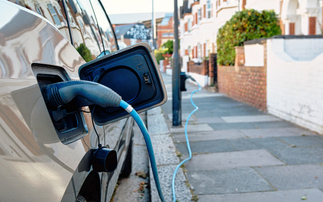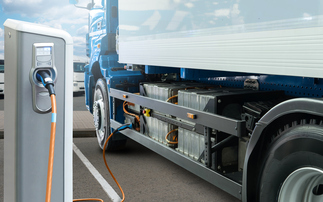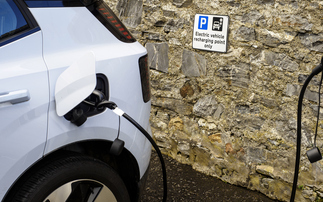Elon Musk's new masterplan does not disappoint and it also offers a template for other businesses to follow
There is so much to like in Tesla's new masterplan, which was released yesterday by the company's CEO and founder, Elon Musk. There's Musk's elegant definition of sustainability as a means of ensuring...
To continue reading this article...
Join BusinessGreen
In just a few clicks you can start your free BusinessGreen Lite membership for 12 months, providing you access to:
- Three complimentary articles per month covering the latest real-time news, analysis, and opinion from Europe’s leading source of information on the Green economy and business
- Receive important and breaking news stories via our daily news alert
- Our weekly newsletter with the best of the week’s green business news and analysis









